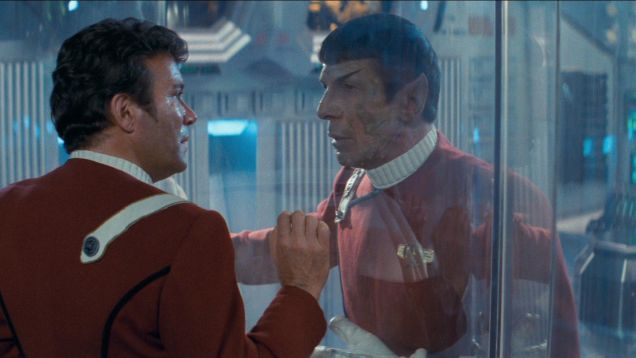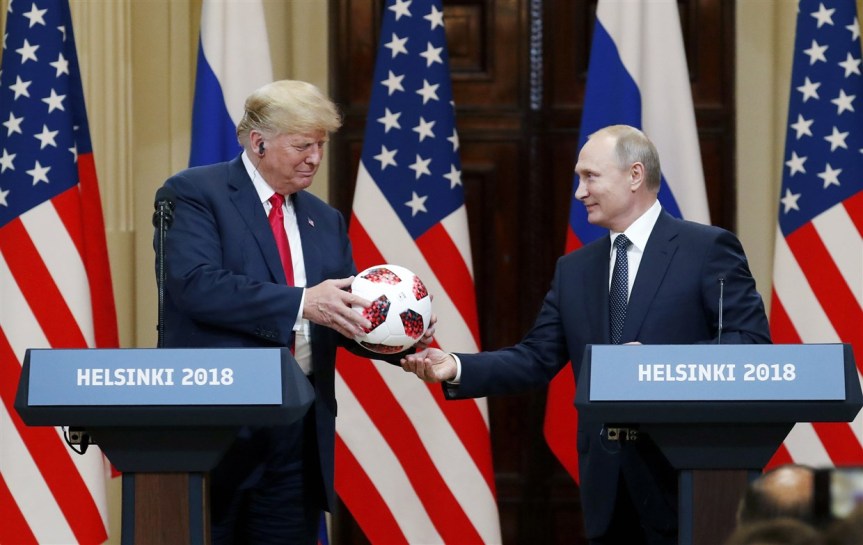
W.J. Astore
For the good of the country, Brett Kavanaugh should withdraw his name as a nominee to the Supreme Court.
Supreme Court justices are public servants. They need to appear as unbiased and objective as possible. Their reputations should be as unsullied as possible. They should not be known for partisanship. Their public temperament should be sober, serious, and balanced, while making room for empathy and compassion and humility.
Judge Kavanaugh’s reputation, fairly or unfairly, is now sullied. A quick and limited FBI investigation will not remove the taint surrounding his name. Based upon last Thursday’s hearing and his own testimony, Kavanaugh stood revealed as a hyper-partisan associated with a particular brand of hard-right conservatism. Instead of sober and balanced, he came across as belligerent, angry, self-righteous, and self-pitying. He evaded questions as he demanded answers of senators questioning him. When he did deign to answer, his responses were often unconvincing.
Put bluntly, Kavanaugh failed to display the demeanor Americans expect of any judge, let alone a judge with a lifetime appointment to America’s highest court.
Judge Kavanaugh says he’s a fighter who will never quit. Yet there comes a time to withdraw from a fight when that withdrawal is for the greater good of the country.
An oft-quoted line from the “Star Trek” movies is Spock’s explanation of why he sacrifices his life to save the ship. The needs of the many, Spock says, outweigh the needs of the few — or the one. Spock’s rule applies here. Kavanaugh’s appointment to the court will further divide this country along partisan and gender lines. It will be interpreted as a slap in the face to sufferers of sexual assault. It will cause many more Americans to lose faith in the Supreme Court — this at a time when Americans already express little faith in Congress, and highly polarized opinions of the president.
The Supreme Court’s reputation is more important than any one man. The needs of the country outweigh the needs of the few who vociferously support him, or the one.
For the reputation of the court, and for the unity of our country, Kavanaugh should withdraw.
Update (10/2/18): There appear to be only four “swing” senators: Collins, Flake, Manchin, and Murkowski. All the other senators are reportedly voting along party lines. I’ve been sending notes to these four “swing” senators to vote “no” on Kavanaugh. Here is the note I sent to them this morning:
Dear Senator XXX: Why vote for Brett Kavanaugh?
It’s a serious question. A vote for him will divide the country further. It will reduce our country’s faith in the Supreme Court as a fair-minded and non-partisan institution. It will be interpreted by many as a slap in the face to women, and especially to women brave enough to come forward to share their horrific stories of sexual assault.
Why this flawed man, and no other? As a retired military officer who voted for a third-party candidate in 2016 (though I voted for Reagan in 1984), it makes no sense to me. Unless it’s all about “winning” for the Republican party, but even that makes little sense to me. Country, after all, comes before party. I learned that as a military officer.
Put country first. Please vote “no.”




